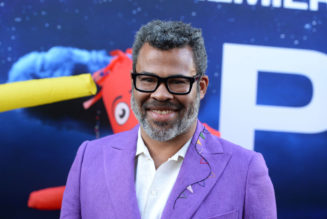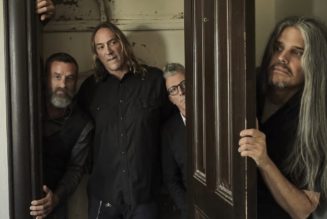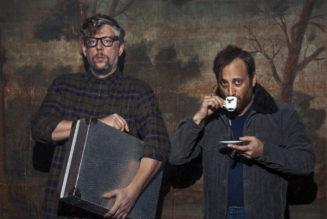London’s Feisty Music Scene
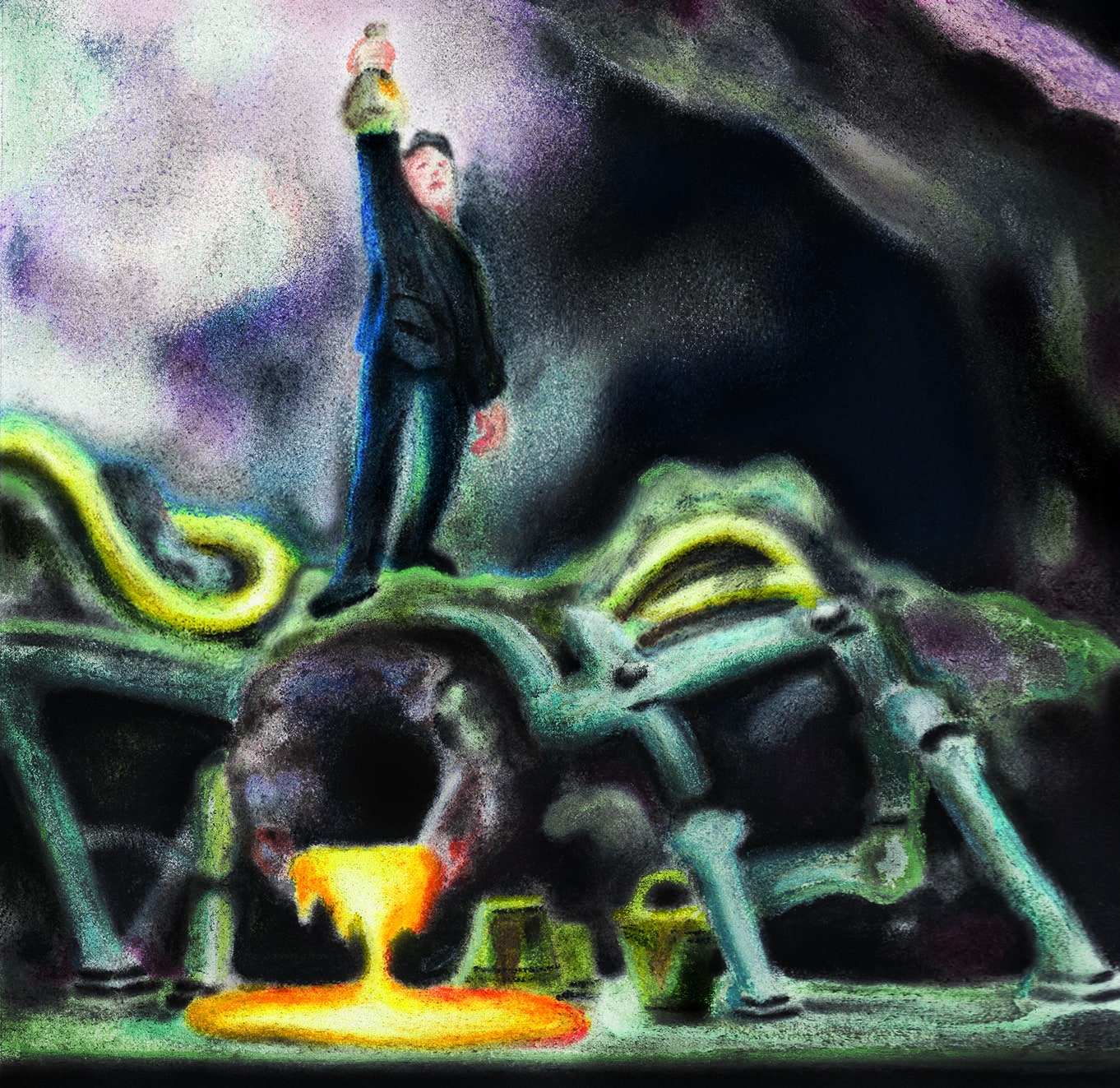
Doom is relative. Lately, my colleagues in the British press have been lamenting the decline of London’s musical scene; John Allison, the editor of Opera magazine, writes that in the wake of Brexit the city “feels like much less of a great cultural capital.” Yet a recent three-day visit to London left me envious of the riches on offer. I first went to Royal Albert Hall to attend the Last Night of the Proms, the culmination of the BBC’s summer concert jamboree; the towering Norwegian soprano Lise Davidsen thundered forth “Rule, Britannia” while five thousand spectators struggled to match her in volume. The following morning, at Wigmore Hall, I saw the Doric Quartet play Schubert’s G-Major Quartet before a capacity crowd. Finally, I took in a new production of Wagner’s “Rheingold” at the Royal Opera. If I’d been able to replicate myself, I could also have heard the tenor Lawrence Brownlee, the soprano Asmik Grigorian, and the pianists Mitsuko Uchida, Jonathan Biss, and Paul Lewis. And London’s half-dozen orchestras had not even started their regular seasons.
To be sure, ominous doings are afoot. Last November, Arts Council England slashed funding for the English National Opera, London’s second opera house, and directed the company to begin planning a relocation to another city. Earlier this year, the BBC threatened to shut down the BBC Singers, a beloved chamber choir. Many British cultural leaders, like their American counterparts, dread being associated with allegedly snobbish art forms. Instead, they pursue a populist agenda that hypes profit, celebrity, and corporate branding. The Arts Council, as it reduced opera and orchestra budgets, gave a grant to the National Football Museum. In the same spirit, Lincoln Center recently let its plaza be overrun by the Nike World Basketball Festival.
What impresses an American observer is the ferocity with which the British have resisted the posturing of self-protective bigwigs. At the Last Night of the Proms, the BBC Singers received a sustained roar of applause—symbolic of an upwelling of protest that had forced the BBC to reconsider its termination of the group. When, last year, the head of Arts Council called incoherently for a focus on “opera in car parks, opera in pubs, opera on your tablet,” newspapers and social media were flooded with creative sniggering. (“Nissan Dorma” was a headline in the Guardian.) If only the pruning away of classical music at Lincoln Center, the Brooklyn Academy of Music, and other New York institutions were sparking a comparable outcry. You hear much backstage grumbling but little public opposition. British music lovers know that once the smallest sliver of terrain is surrendered it will never be given back.
A primal passion for music was evident at the Last Night—a crushingly British ritual that I had never witnessed in person. The evening ends with a bellowing of patriotic tunes, with attendant flag-waving, blasts of confetti, balloon-popping, and choreographed silliness. The spasms of colonialist bombast were disconcerting—“Rule, Britannia! rule the waves: / Britons never will be slaves”—but a flurry of European Union flags offset the rah-rah vibe, as did the easygoing banter of the American conductor Marin Alsop, who seems better appreciated in Britain than in her native land. What struck me most was the musical literacy of the assembled crowd. A mass rendition of “Jerusalem,” Charles Hubert Parry’s anthemic setting of the William Blake poem, was both in tune and dynamically shaded, with a drop to piano on “I will not cease from mental fight” and a crescendo toward “England’s green and pleasant land.” The Empire is gone, yet its sonic splendor lingers.
New Yorkers have reason to take an interest in the Royal Opera’s “Rheingold,” since it is possibly destined for these shores. The Met had planned to co-produce a “Ring” cycle with the English National Opera, but that project has fallen by the wayside. The Royal Opera is now launching its own “Ring,” and Peter Gelb, the Met’s general manager, came to London to scope it out. If Gelb is seeking a spectacle on the scale of previous Met “Ring”s, he may have been disappointed: no forty-five-ton machines or shimmering Valhalla castles were on display. If, however, Gelb wants decisive, cohesive direction, then this show—directed by Barrie Kosky, with sets by Rufus Didwiszus, lighting by Alessandro Carletti, and costumes by Victoria Behr—may fit the bill.
Kosky, who recently completed a tenure at the Komische Oper, in Berlin, is a provocateur with show-biz chops. His staging of “Die Meistersinger” at the Bayreuth Festival, in 2017, succeeded in making that gargantuan opera funny, with a first act set in Wagner’s living room at Wahnfried. Playfulness also marks his “Rheingold,” which is as close as the “Ring” comes to comedy. In this production, the gods look like British royals out for a round of polo and a picnic. The giants, Fasolt and Fafner, resemble upscale gangsters who have wandered in from an episode of “Luther.” The modern-dress antics unfold against a stark, bleak background, with a blackened tree lying across the stage. Present in every scene is the earth goddess Erda—an aged, naked, sorrowing witness. She is played, with mute dignity, by the actress Rose Knox-Peebles.
None of this is shockingly new: “Ring” directors have been gesturing toward ecological crisis for decades. What matters is the vital precision that Kosky brings to his scenario. Each character is sharply sketched and smartly blocked; a friend remarked that, as in a lucid tennis volley, you always see the ball. At the same time, the production has no shortage of uncanny, psychically unsettling images. The gold takes the form of a glowing liquid that pours from gashes in the tree, like the bodily fluid of a suffering Earth. In the underworld of Nibelheim, Erda is strapped to the tree as a hydraulic apparatus pumps out the gold.
Kosky’s direction of the singers suited the men more than the women. Christopher Maltman assumed the role of Wotan with actorly panache, conveying the god’s oblivious arrogance in narrow-eyed glances and peremptory gestures. Maltman’s diction, though, lacked punch, and his voice thinned out on the lower end. Christopher Purves turned in an unusually affecting portrait of the cursed and cursing dwarf Alberich. Brenton Ryan’s Mime, too, was more expressive and sympathetic than is the norm for that hapless part. Sean Panikkar, as Loge, darted about with balletic grace, exhibiting pinpoint intonation and crisp diction. Insung Sim and Soloman Howard created nuanced, telling characterizations of the giants.
Less telling was Marina Prudenskaya’s portrayal of Fricka—or, more precisely, the portrayal that Kosky had devised for her. Wotan’s wife comes across as a dim-witted socialite, flipping through a magazine while making scolding remarks and pulling grotesque faces. Such a caricature is to some extent inherent in the role, yet Wagner also grants Fricka moments of nobility and wisdom. Let’s hope that the conception deepens when Kosky arrives at “Die Walküre.” I also winced at some of what Kiandra Howarth, a finely voiced Freia, was forced to endure: when the giants are measuring out their payment from the gods, she is submerged in a bathtub of golden goo. Kosky’s work is a bit too prone to juvenile japes: a prosthetic penis for Alberich elicited nervous giggles but no dramatic insights.
A more significant misjudgment was the lowering of the curtain during the orchestral transitions between scenes. As Wotan and Loge descend into Nibelheim, we find ourselves gazing at the embroidered legend “E II R,” which prompts irrelevant thoughts of the late Queen. To be sure, the pause in the action highlighted the brilliant work of the Royal Opera orchestra, under the fluid, idiomatic baton of Antonio Pappano. But Wagner constructed the opera precisely to avoid any break in continuity. Better to have left the curtain up and revealed the stagehands at work. Such a choice would have served, incidentally, as a reminder that the so-called élitist arts are a community of livelihoods, demanding hard work and honed skill. ♦
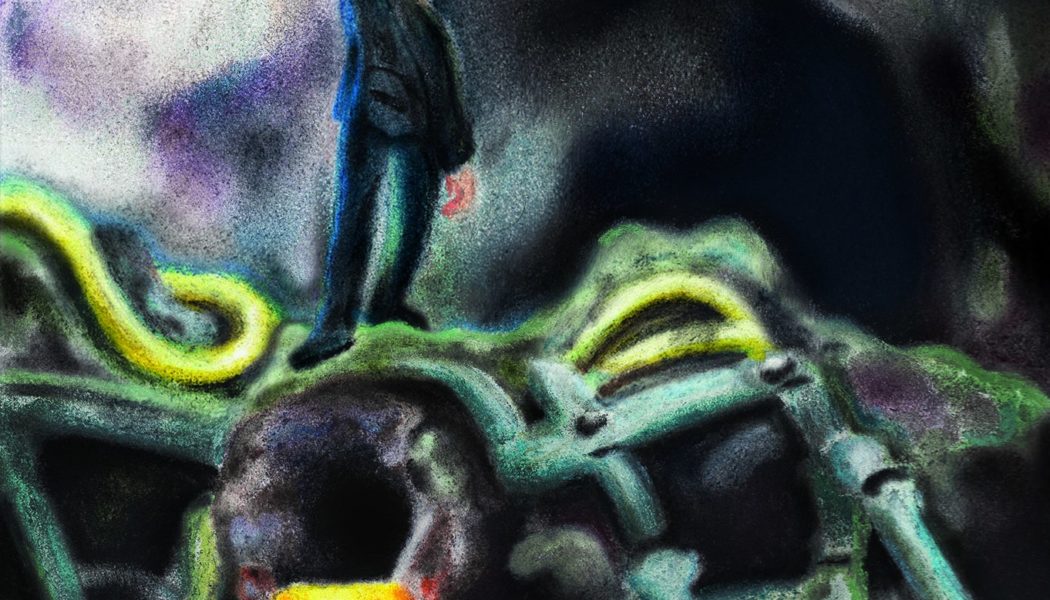
![Blaqbonez – Breaking The Yoke of Love ft Chike & Raybekah [MP3 Download]](https://www.wazupnaija.com/wp-content/uploads/2023/02/blaqbonez-breaking-the-yoke-of-love-ft-chike-raybekah-mp3-download-6-327x219.jpg)
